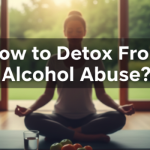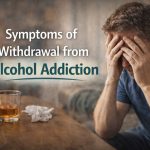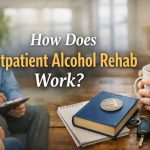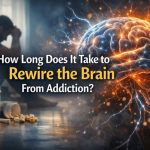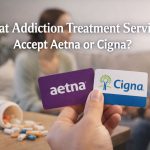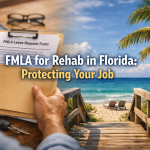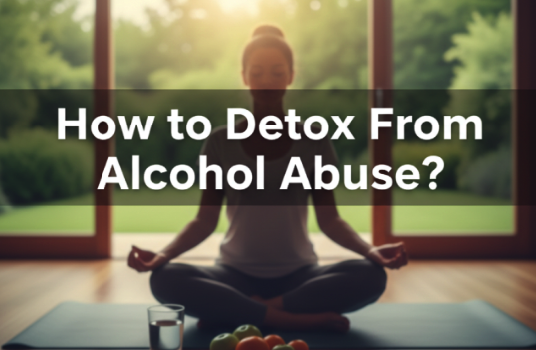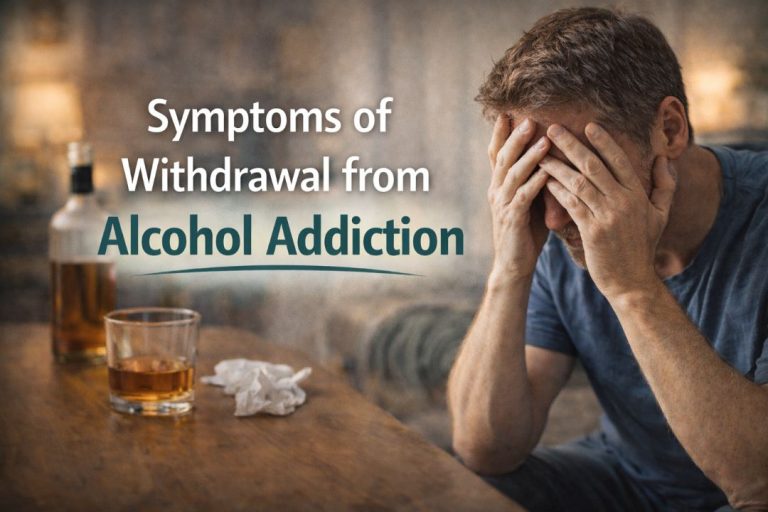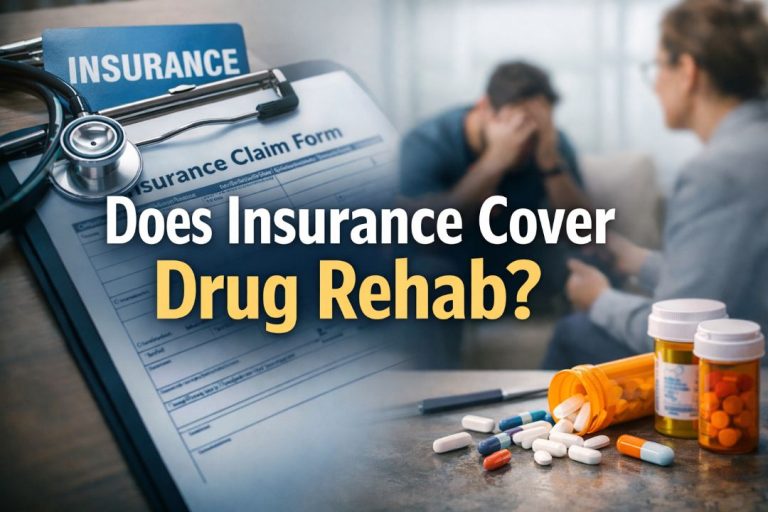Understanding the Link Between Alcohol and Depression
Thousands of people worldwide battle with severe mental depression as a health issue. Some individuals consume alcohol when managing depression symptoms, although the habit leads to various undesirable outcomes. Numerous research studies provide evidence that drinking alcohol triggers worsening depression symptoms as well as complications in treating major depressive disorder. The consumption of alcohol leads to deteriorating symptoms and establishes new health threats despite failing to offer any help.
Orlando Treatment Solutions maintains a comprehensive understanding of depression combined with its various treatment methods. Professionals are ready to help individuals who need alcohol addiction treatment when they face depression alongside alcohol use.
How Alcohol Affects the Brain and Depression Symptoms
The central nervous system depressant alcohol lowers brain functioning activity but also modifies the chemical signals transmitted between brain cells. The brain chemistry disruptions from alcohol consumption result in intensified depression symptoms, although drinking produces brief feelings of pleasure or comfort. Here’s how alcohol impacts depression:
1. Disrupts Neurotransmitter Balance
Mood control functions primarily through the activity of neurotransmitters serotonin and dopamine in the brain. Drinking alcohol shifts important brain chemicals thus causing people to experience erratic moods, together with higher anxiety levels and deeper periods of sadness. Those with depression generally have disrupted neurotransmitter chemistry so the consumption of alcohol makes their condition more severe.
2. Increases Risk of Suicidal Thoughts
Research demonstrates that individuals who consume alcohol have been found to develop suicidal thoughts. Because alcohol makes people judgment-impaired and less able to restrain themselves, they become prone to dangerous actions. People battling intense depression often experience worsened hopelessness when using alcohol, which raises their tendency to hurt themselves severely.
3. Disrupts Sleep Patterns
The combination of depression and insomnia becomes worse because alcohol consumption produces additional insomnia symptoms in people diagnosed with depression. By producing drowsiness alcohol does not just cause trouble with your rest cycles since it damages REM sleep functions, therefore causing poor sleep quality. Depression symptoms become more difficult to manage during the day because insufficient sleep worsens the condition.
4. Reduces Effectiveness of Depression Treatment
Alcohol disrupts the treatment progress of people who receive depression therapy and must take depression medications. Antidepressants, along with other psychiatric drugs do not perform well with alcohol exposure because the chemicals interact in harmful ways that could endanger the patient’s health.
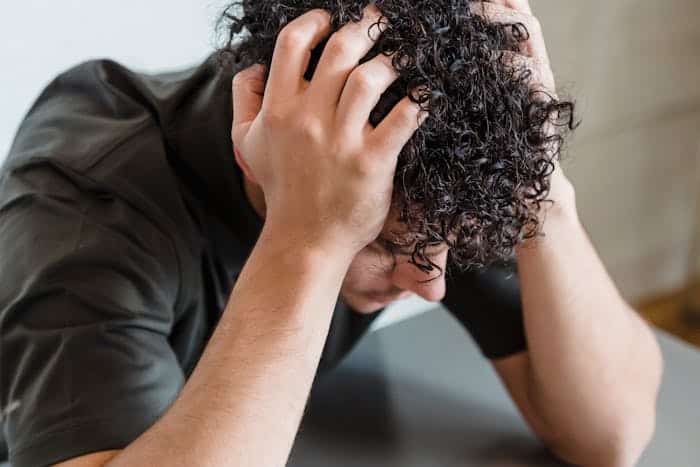
The Vicious Cycle of Alcohol and Depression
Those who suffer from depression use alcohol to reduce their emotional distress but these liquids only deteriorate their symptoms. Drinking causes the mental health condition to grow worse leading to continual alcohol consumption. The cycle requires immediate breakage to allow both your mind and body to achieve health.
The path to recovery starts with finding alcohol treatment which will help you break free from your condition.
The Need for Professional Expert Treatment of Alcohol Addiction
The process of self-detox from alcohol turns out to be exceptionally challenging for people who also experience depression. The complete treatment offered at professional centers handles patients’ mental and physical alcohol addiction needs.
1. Medical Detoxification
People who consume alcohol heavily experience potentially dangerous withdrawal symptoms when they attempt sobriety because their bodies start showing signs such as anxiety, along with depression and seizures. Medical supervision throughout detox allows patients to experience reassuring conditions as their bodies eliminate alcohol during withdrawal.
2. Integrated Mental Health Support
The staff at Orlando Treatment Solutions delivers a dual approach by simultaneously addressing both alcohol addiction and the treatment of depressed states. Our facility provides patients with all-inclusive depression treatment through therapy with counseling, alongside both a behavioral approach and prescription management.
3. Cognitive Behavioral Therapy (CBT)
The treatment approach called CBT proves beneficial for healing both depression and substance abuse problems. Through this treatment method patients can find their destructive thoughts and learn suitable methods of dealing with their emotional issues while avoiding alcoholic consumption.
4. Support Groups and Community Healing
Easier recovery occurs when people receive support from others. Treatment groups that include Alcoholics Anonymous (AA) and group therapy meet the needs of recovering people by offering mutual support and emotional understanding as well as monitoring progress.
How to Get Started on Your Path to Recovery
Healing starts with the awareness that alcohol stands connected to depression. Professional help must be your first action whenever you find yourself unable to cope with your challenges. At Orlando Treatment Solutions, patients have access to exclusive treatment programs which tackle depression alongside substance abuse treatment.
Steps You Can Take Today:
- To receive help, contact an addiction treatment center that treats alcohol addiction.
- Reserve your commitment to go through treatment using combined therapy with medications in addition to support groups because these serve as foundational elements for your recovery.
- You should have supportive members in your life, so contact professionals along with friends and family, who will guide you during your recovery.
- As part of your healing process, you should dedicate attention to getting sufficient rest and maintaining proper nutrition, physical activity and learning ways to manage stress.

Contact Orlando Treatment Solutions for Help
Immediate help should be obtained when alcohol abuse and depression symptoms affect you or someone you care about. The depression treatment programs at Orlando Treatment Solutions adapt treatment plans to meet the needs of persons dealing with addiction and mental health problems. Contact us at (321) 415-3213 to embark on your path to recovery.







